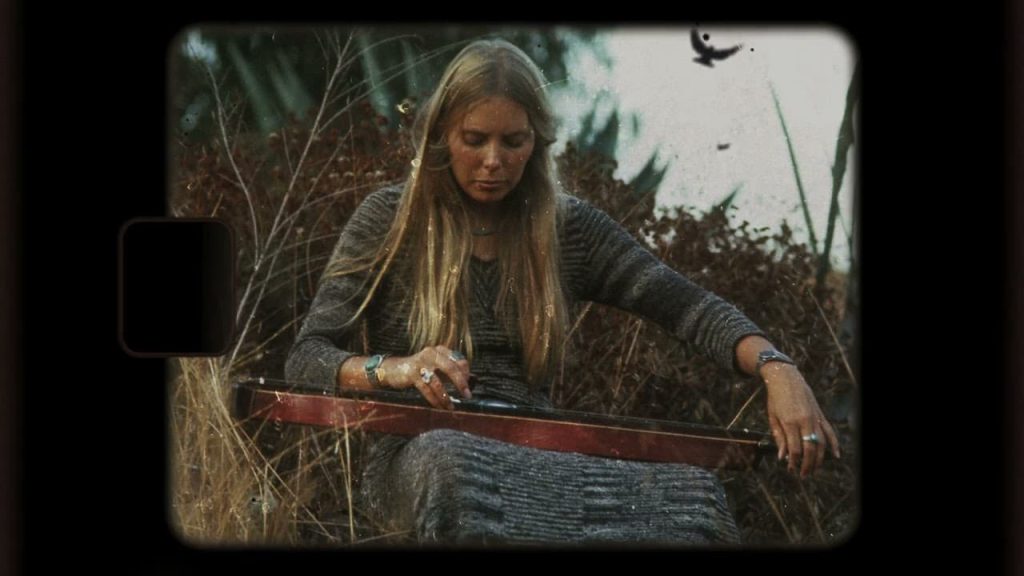
Joni Mitchell’s “Big Yellow Taxi” – A Poignant Reflection on Environmental Awareness
Joni Mitchell’s iconic song “Big Yellow Taxi,” released in 1970, remains one of the most enduring anthems of environmental consciousness and social commentary. With its catchy melody and poignant lyrics, the song encapsulates a sense of urgency about the impacts of urban development and environmental degradation, striking a chord with listeners long after its debut. Mitchell’s ability to weave personal experiences with broader societal issues makes this song not only a memorable tune but also a critical reflection on the state of the world.
The song opens with the evocative line, “They paved paradise and put up a parking lot,” immediately setting the stage for a narrative that laments the loss of natural beauty to commercial development. This simple yet powerful imagery captures the essence of what Mitchell seeks to convey: the contrast between the serene beauty of nature and the stark realities of urbanization. The “big yellow taxi” serves as a metaphor for the encroaching modern world, representing both the convenience of transportation and the loss of unspoiled landscapes. This duality resonates deeply, illustrating the complex relationship between progress and preservation.
At its core, “Big Yellow Taxi” is a call to awareness. Mitchell highlights the consequences of environmental neglect, urging listeners to recognize the fragility of our surroundings. The lyrics reference not only the physical changes to the landscape but also the emotional impact of losing a connection to nature. Lines like “Don’t it always seem to go that you don’t know what you’ve got ‘til it’s gone” serve as a poignant reminder of the often-overlooked treasures of our world. This sentiment resonates particularly with older generations who may have witnessed significant changes in their own communities over time.
Musically, the song blends folk, rock, and pop elements, showcasing Mitchell’s distinctive style and creativity. The upbeat tempo and infectious chorus create an engaging listening experience, drawing audiences in while simultaneously delivering a serious message. The interplay of Mitchell’s intricate guitar work and her expressive vocals elevates the song, making it memorable and impactful. Her live performances often featured a raw, emotive quality, further enhancing the song’s themes of urgency and reflection.
“Big Yellow Taxi” has transcended its original release, becoming a staple in popular culture and an enduring symbol of environmental activism. Numerous artists have covered the song, from Counting Crows to Amy Grant, attesting to its timeless relevance. Each rendition brings new life to Mitchell’s message, ensuring that the call for environmental awareness continues to resonate with new generations. The song’s adaptability and enduring popularity underscore the importance of its message and the need for ongoing dialogue about our relationship with the planet.
In the context of the 1970s, when environmental issues were gaining more public attention, Joni Mitchell was ahead of her time. Her ability to articulate concerns about the environment through music allowed her to become a voice for change. The era was marked by growing awareness of pollution, urban sprawl, and the need for conservation. Mitchell’s lyrics reflect this zeitgeist, encouraging listeners to take action and consider the ramifications of their choices on the environment.
The legacy of “Big Yellow Taxi” extends beyond its catchy tune and impactful lyrics. It serves as a rallying cry for environmentalists and advocates, reminding us of the beauty we risk losing in our pursuit of convenience and progress. The song encourages listeners to cherish the natural world and to recognize the value of preservation over development.
In conclusion, Joni Mitchell’s “Big Yellow Taxi” remains a powerful commentary on the state of the environment and the societal changes that threaten it. Through her poignant lyrics and memorable melodies, Mitchell invites us to reflect on our relationship with nature and the consequences of our actions. As we navigate the complexities of modern life, her message resonates more than ever, reminding us to appreciate the beauty around us before it is paved over in the name of progress. This song is not just a reflection of a bygone era; it is a timeless reminder of our responsibility to protect the planet we call home.